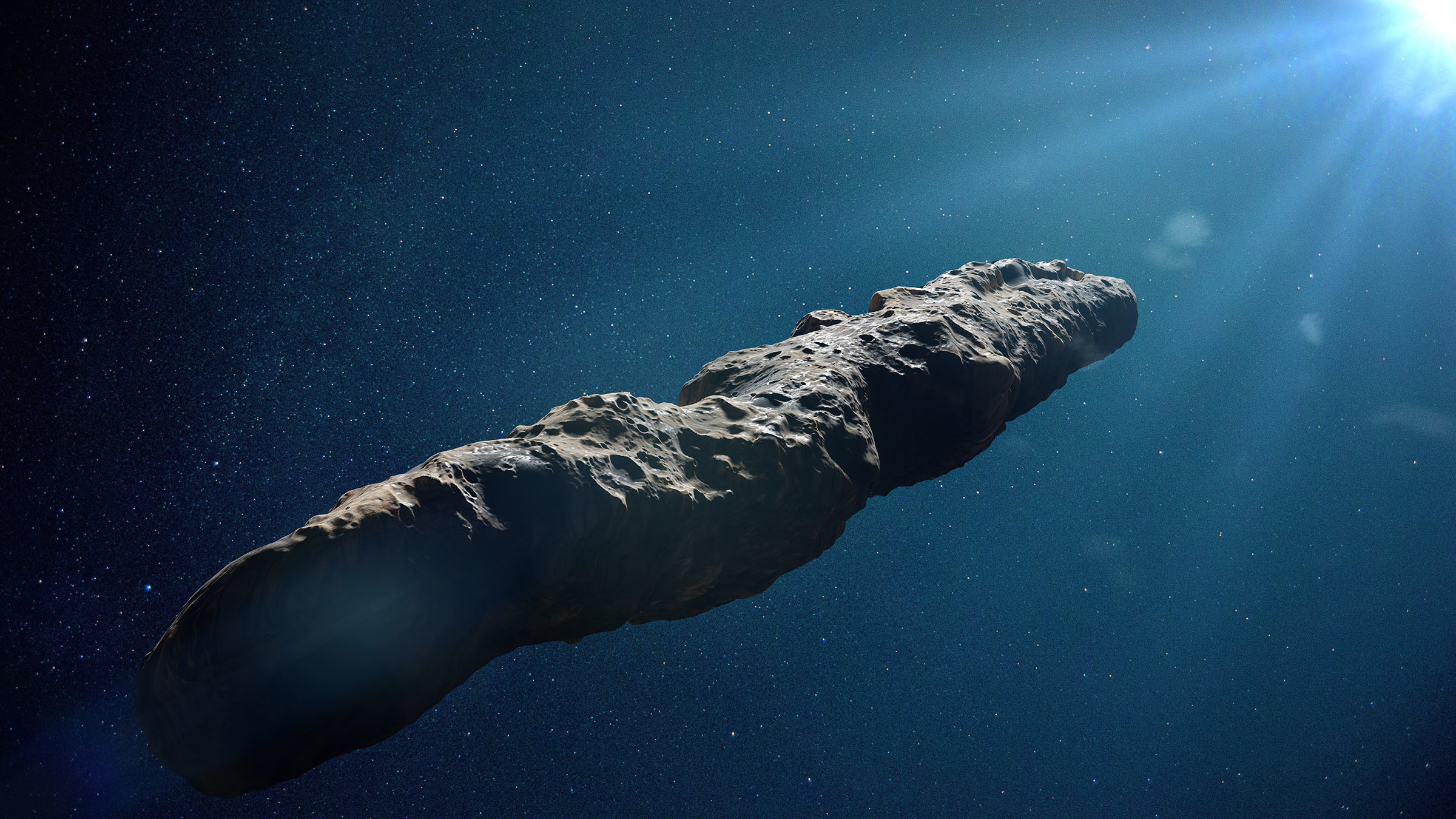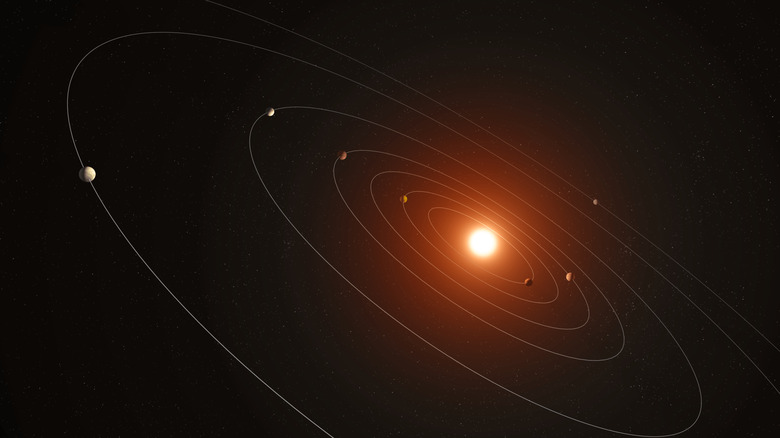An 'Alien Visitor' Might Have Warped Our Solar System, Study Claims
Billions of years ago, while the solar system was still young, a massive object may have drifted into it. It's not a spaceship, but it is an alien visitor in its own right—a colossal interstellar body hundreds of times heavier than Earth. For a brief cosmic moment, it interacts with our Sun's planets before continuing its journey into the galaxy.
This hypothesis has recently been shared by researchers Garett Brown, Hanno Rein, and Renu Malhotra, who suggest that such an event could explain the unusual orbits of planets in our solar system.
See, planetary orbits aren't the perfect, circular paths. They're eccentric, tilted, and slightly chaotic. And for decades, scientists have found this curious. But now, it seems some believe an alien visitor, like the interstellar object 'Oumuamua, might have passed close enough to exert its gravitational influence.

We know that smaller objects like 'Oumuamua visit our solar system and then typically slingshot around the Sun and exit at high speeds. However, simulations by Brown and his colleagues show that a much larger object, one between 2 and 50 times Jupiter's mass, could have had a more profound impact.
If it passed close to the Sun—near the orbit of Mars—it might have shifted the positions of our planets into the odd configurations we see today. In fact, their computer models suggest that even in 98 percent of cases, the inner planets would remain relatively stable, though slightly altered.
In rare scenarios, a planet could be ejected entirely. Scientists have even proposed that changes in our solar system's orbits could cause the entire thing to collapse. Of course, the chances of such an encounter happening are slim—between 1 in 1,000 and 1 in 10,000. Yet with billions of years and the vast expanse of the Milky Way, it isn't entirely impossible.
This hypothesis isn't just theoretical. The galaxy is teeming with rogue planets and star clusters, providing ample opportunities for our Solar System to encounter such an alien visitor. While the odds of such an event affecting us in the near future are minimal, it's a compelling reminder of just how little we know about our solar system's past.
